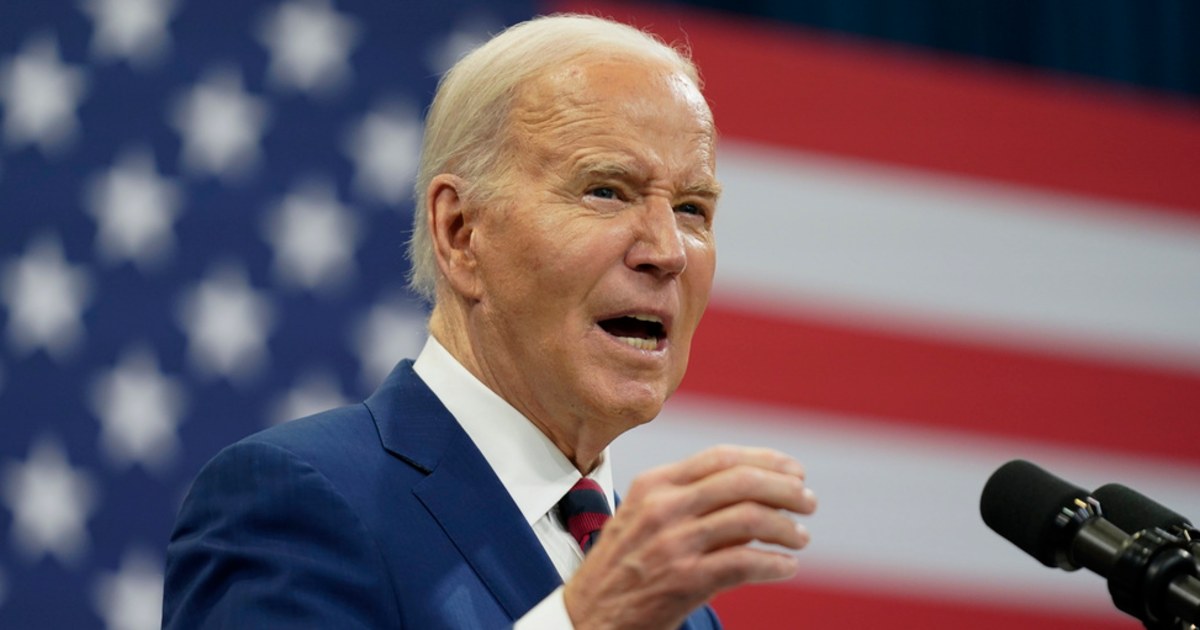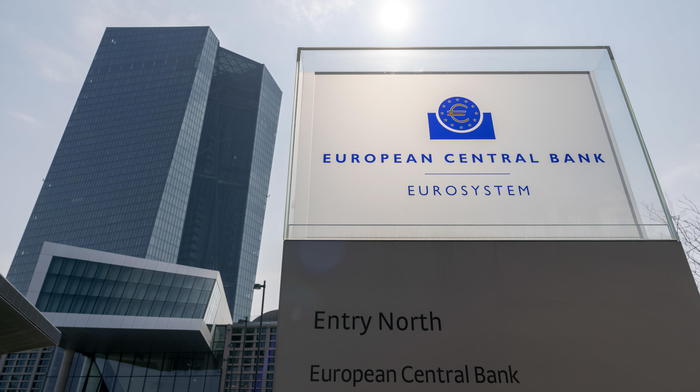By Lauren Egan -
NBC News
The government chaired by Joe Biden announced on Wednesday that the moratorium on federal student loan payments will be extended until May 1, as the omicron variant of the coronavirus represents a new threat to the economy.
The president said in a statement that
"millions of borrowers are still dealing with the impacts of the pandemic
and need a little more time before they can resume payments."
[US student loan debt skyrockets. Why does it especially affect Latino students?]
The White House maintained for months that Biden would not extend the hiatus beyond the Jan.31 deadline, warning borrowers that they should be prepared to resume payments in February, even as the number of COVID-19 cases soared. and concern about inflation was gripping the country.
The Administration's language has begun to soften in recent days as the omicron variant spreads rapidly.
White House press secretary Jen Psaki told reporters Tuesday that the president "had not made a decision yet" on whether to issue another extension.
Activists call on President Joe Biden to cancel student debt and loan repayments in front of the White House on December 15, 2021.Paul Morigi / Getty Images
Debt relief advocates and some Democratic lawmakers had lobbied Biden to extend the moratorium, especially after Sen. Joe Manchin, D-West Virginia, said he would not vote for the social spending bill, putting in place doubt their prospects.
[Program modification that forgives student loans announced. It is expected to benefit thousands of people]
"The omicron variant is a terrifying reminder that
the pandemic remains a serious concern
and Americans cannot be crushed by debt as they carry this health and economic crisis," said Natalia Abrams, president of the American Crisis Center. Student Debt.
Some Democrats have also argued that it
would be a bad policy decision for the president to resume payments on student loans
- which have been on hiatus for nearly two years - before the midterm elections.
New modification to the student loan program in the US announced
Oct. 6, 202102: 26
Democratic Congresswoman Alexandria Ocasio-Cortez tweeted last week that it was "delusional" to believe that Democrats could be reelected without acting on student debt relief.
The moratorium began in March 2020, when former President Donald Trump signed the CARES Act, which paused payments until September 2020 and eliminated interest rates for the roughly 42 million borrowers.
[More than two dozen states passed laws on financial education for school personnel after the pandemic]
Later, Trump took executive action to extend the deferral period to January 2021. Biden, on his first day in office, signed an executive order extending it to September 30.
Only applies to federal loans
That month, the government again extended the moratorium, giving borrowers until January 31 before having to resume payments.
The Department of Education said then that it would be the "last extension" and that it believed that a "final end date" would reduce the risk of delinquencies and defaults once payments resume.
The moratorium does not apply to borrowers with private loans.
The White House has said the Department of Education is reviewing Biden's legal authority to
eliminate student debt through executive action,
but has not provided a timetable for the review.
They seek methods to forgive or alleviate the student loan debts of thousands of people
Oct. 6, 202100: 39
The president has said that he does not believe he has the authority to cancel student debt unilaterally, but that he
would support Congress passing a bill to cancel $ 10,000 of debt to each borrower.
The Federal Reserve estimated that in the third quarter of 2021,
Americans owed more than $ 1.7 trillion in student loans.
Studies show that racial minority students are more likely to take on student debt and struggle disproportionately to pay it off.
The highest default rates are among students who attended private institutions.








